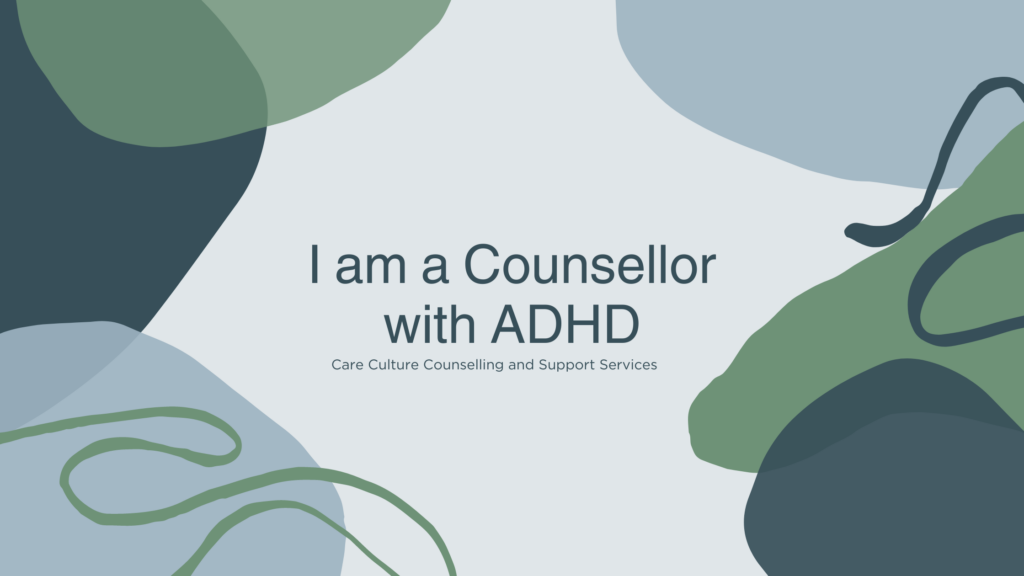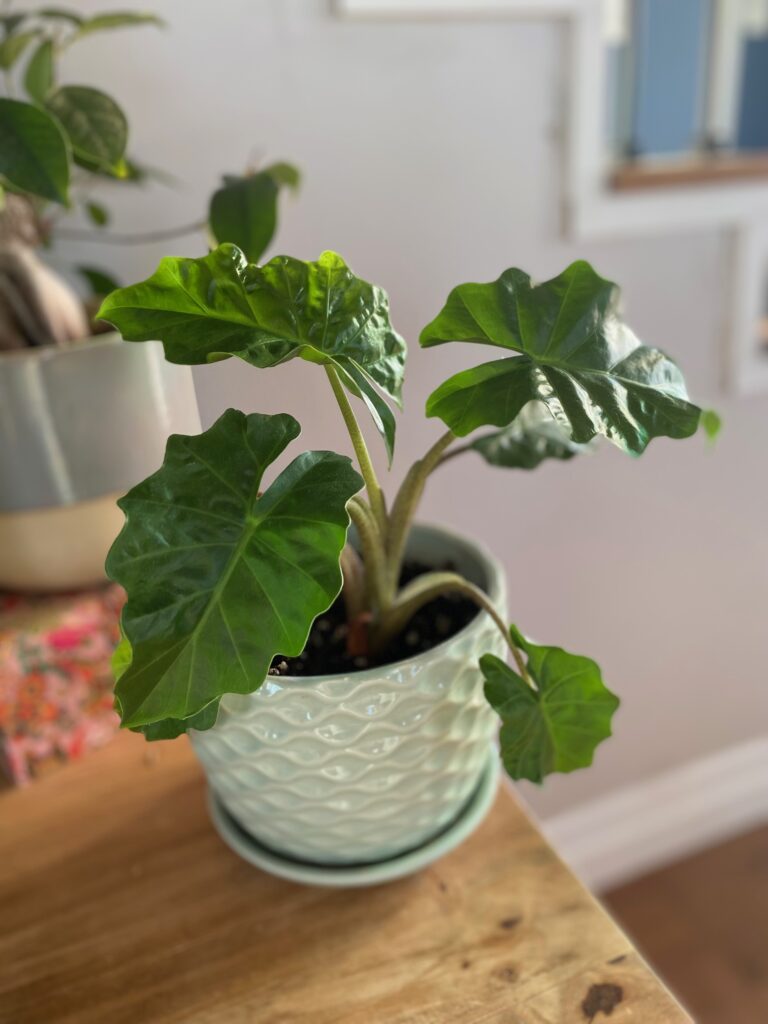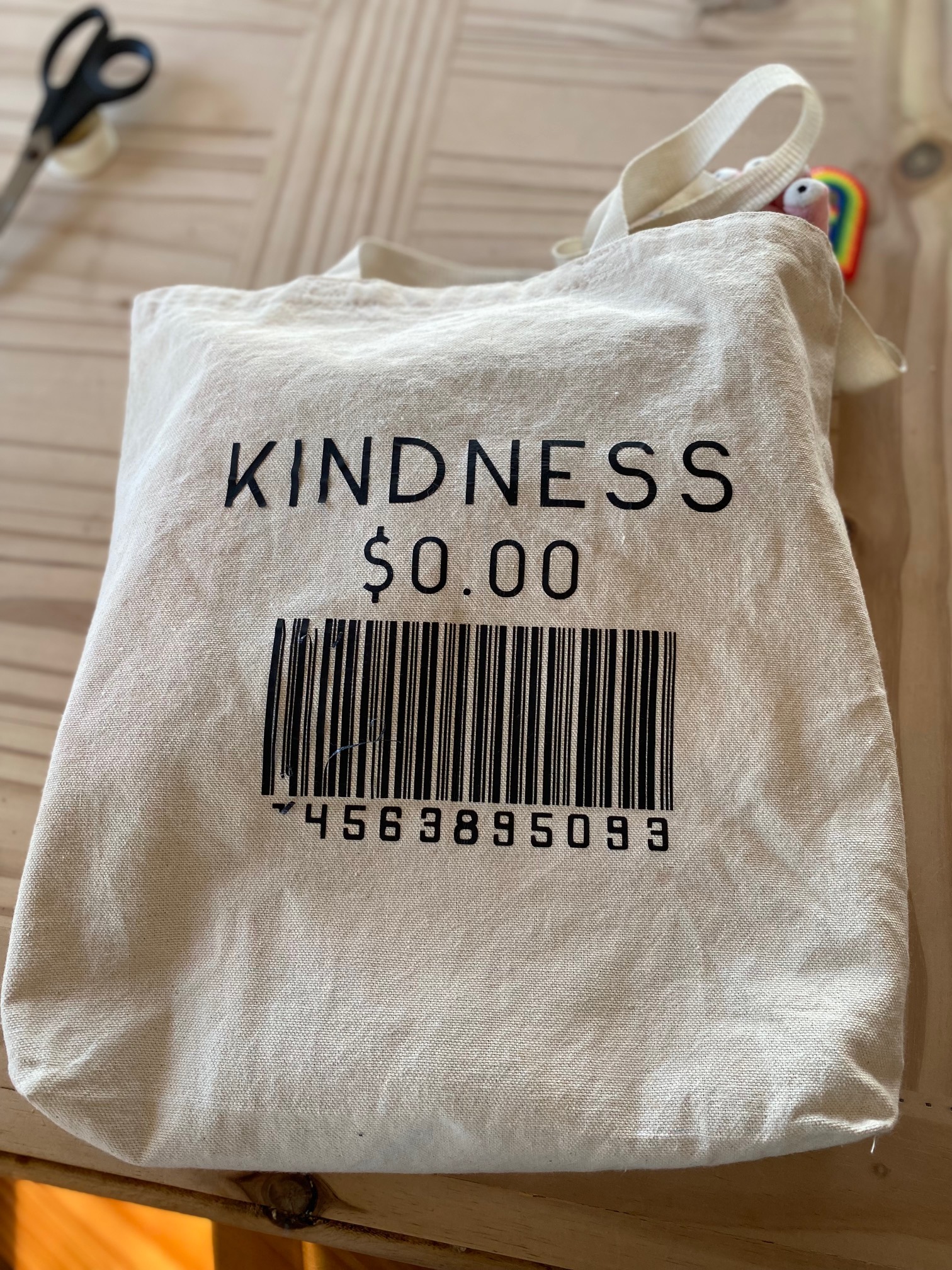
I am a neurodiverse counsellor with ADHD.
You probably have come across the term Attention Deficit Hyperactivity Disorder (ADHD) at one point in your life. Depending on your social circle and social media usage, you may even have come across first-hand accounts on how ADHD is impacting people. When I was in university, we touched on neurodiversity for a quick second, but placed very little emphasis on real life impacts.
I am a counsellor with ADHD and I am going to share a bit of info on what it is, how it impacts my work, and how I help others with ADHD.
What is ADHD?
Attention Deficit Hyperactivity Disorder (ADHD) is a common neurobehavioral condition that affects children and adults. It’s often characterized by patterns of inattention, hyperactivity, and impulsivity, leading to challenges in various aspects of life such as school, work, and relationships.
Here are a few ADHD facts:
- ADHD is closely tied to how dopamine is processed in the brain. Dopamine plays a big role in how our bodies function, including sleep, arousal, mood and motivation. Dopamine is a “feel good” hormone that provides the feelings of reward and relaxation.
- Research suggests that ADHD can be genetic, with 1/3 of fathers with ADHD having children with the condition
- Girls and women are less likely to be diagnosed with ADHD, mostly due to high masking, societal expectations, and gender bias.
- People often think ADHD means you can’t focus, however many people with ADHD are able to “hyperfocus” on topics that are of interest to them. This can mean spending hours or days researching, studying, and learning about a specific interest or project.
- The DSM-V identifies three types of ADHD, hyperactive, inattentive, and combination. Many people share that they experience a variety of overlapping symptoms.
- Research suggests that 30-50% of people with autism also have ADHD.
There continues to be increased research in the area of ADHD and neurodiversity. Personally, I am excited to learn about the impacts of ADHD and menstruating bodies, as there is little research conducted on the impacts of dopamine and medication thus far.

What is neurodiversity?
Neurodiversity refers to the variation in how brains function and how people experience and interact with the world. We are all neurodiverse. Everyone’s brain functions differently, but society has grouped together a set of traits that are considered “neurotypical”. Much of this can be attributed to qualities that are considered desirable to the group of humans in power, due to colonization and ableism.
Things to remember about neurodiversity:
- It recognizes that there is no single “right” way of thinking, learning, or behaving.
- Neurodiversity was initially coined as a term in 1997 to bring awareness to autism, however it now is used to encompass a wide variety of brain functions such as OCD, ADHD, tourettes, and dyslexia
- While there are accommodations that can be made to support the diversity of the human brain function, we can still celebrate and honour the differences without trying to “fix” them
Why do I self disclose?
I am a neurodiverse counsellor with ADHD.

I was diagnosed late, because like many I was missed in the school and health care system. When someone I knew pointed out the characteristics I was presenting, I didn’t believe it. I didn’t know enough about ADHD to feel that I could possibly fit within the diagnosis. Luckily, finding out I have adhd has changed my life for the better. I went through a full world of emotions, from joy, grief, sadness, anger, gratitude, happiness. I relived my whole life with a new lens, which has been cathartic for me.
I disclose that I have ADHD for several reason:
- To normalize the experience of late diagnosis, living with adhd, loving someone with adhd, working with adhd, and thriving with adhd
- To welcome disclosure from those who may feel the stigma and shame that society has placed on those of us who are “different”
- To signal that I want to create safety for you. I want to provide any accommodations you may need to function at your best. I strive to design my work in a way that is affirming to all abilities
- To remind you that I am human. While I am a counsellor, I am a human with lived experiences that shape the way I live my life. Though I face each client with judgement-free care and curiosity, I still believe that my identity shapes how you interact with me.
How does ADHD impact my work?
After being diagnosed, not a single person I shared it with believed that I would have ADHD. Like me, they had the 90s image of ADHD in their minds and I didn’t fit within that category. I had a wonderful career, worked with clients from all over the world, provided leadership to an interdisciplinary team of teachers, counsellors, mental health workers, educators, and administrative staff. How could someone “successful” have the horrible terrible ADHD?
Well, I am a counsellor with ADHD. There is no doubt. I am also successful. I am caring. I am analytical. I am diligent. I am passionate. I am all the things that make someone “successful”, in the eyes of society. And I still am a counsellor with ADHD.
While I spent most of my professional life masking and on the verge of burnout, I now self disclose as my own permission to unmask. I bring fidgets to my desk. I stand up and move when I need to. I stretch and bounce my leg. I stim and sing loudly on my breaks. I plan my days to work with my needs.
There is a high chance that when working with you, you may not notice any of these things. However, I take the steps to make sure I am affirming my own identity and meeting my needs in my practice.
How do I support clients that are neurodiverse?
I approach each individual just as that, an individual. I provide the space for folxs to share their experiences and needs on their own terms. While keeping informed on shared traits and experiences of certain populations, I still allow individuals to affirm their identities based on their experiences.
As a neurodiverse counsellor with ADHD, this is what you can expect in our sessions:
- While I self disclose here, I will only share further details on my experience if professionally appropriate. While I may have lived experiences, I centre you and your needs.
- Counselling that provides referrals, tools, skills, and support that is affirming and recognizes neurodiversity as a human experience.
- Counselling that welcomes stimming, speaking quickly, fidgeting, and any comfort methods that you need.
- Counselling that is anti-oppressive and equity focused. This means that I recognize how society has and continues to place barriers, stigmas, and discrimination against ADHD, AuDHD, and autistic peoples.

Conclusion
Once again, I am a neurodiverse counsellor with ADHD. I share this so that you can make an informed decision on who you work with and if that is a good fit. Like all my work, I recognize and acknowledge intersectionality. I recognize, respect, and value who you are, every part. I approach my work with the intention and actions that affirm your identity, as I strive to do for myself.
1 thought on “I am a Counsellor with ADHD”
Comments are closed.